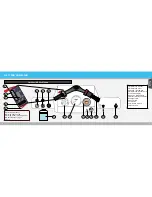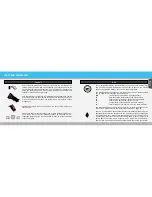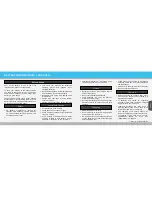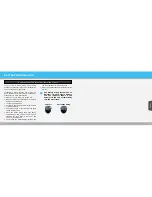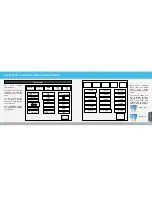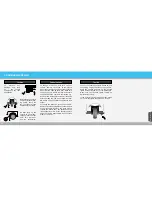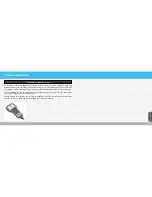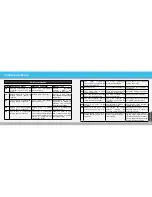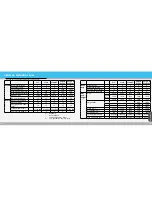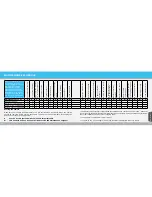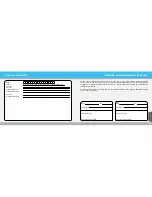
14
13
BATTERY INFORMATION - LEAD ACID
Your e-Tuk’s battery is one of the most
important components of the vehicle.
To keep your battery in the best condition
you need to take good care of it. Following
some basic maintenance rules keeps your
battery in good shape.
These rules have been set up by the battery
manufacturer*. Not following them will void
battery warranty. Additional information can
be found on the next few pages.
•
All battery maintenance, except for
cleaning and watering, should be done
by an authorised service mechanic. This
should be done at least
•
Battery health
Safety
Inspection & Cleaning
Storage
Watering
Charging
•
once every year. Always wear protective
clothing, gloves and goggles when
handling batteries
•
Keep flames, sparks or metal objects away
from batteries (use insulated tools)
•
Neutralize acid spills with baking soda
immediately
•
Charge with vent caps or filling system
securely in place
• Provide proper ventilation during charging
• Keep batteries clean and dry
• Check that all vent caps are tight
• Check if all connections are tight (fastening
torque is 11 Nm)
•
Use a mixture of baking soda and water
to clean if there is acid residue on the
batteries or corrosion on the terminals
•
Add distilled water to cells
• Never add acid to cells this is dangerous
and will alter the chemistry
•
Only add water to fully charged batteries.
Let the batteries cool down after charging
before adding water
• Batteries should be charged after every
use to ensure they are never stored in a
discharged condition
• If batteries are stored for extended
periods of time they should be charged
approximately every 6 weeks
• Lead-acid batteries DO NOT have a
memory effect (they do not need to be
fully discharged prior to charging)
•
The charging cycle should always be
finished completely to ensure battery life
•
If charging cycles have been cut off,
equalization should be done. See
“Equalization” on page 20.
• Batteries should be fully charged prior to
and during storage
• Never store discharged batteries
•
Store batteries in a cool, dry place to
minimize self-discharge
• Recharge batteries prior to putting them
back into service to ensure they are fully
charged
• If the plates are exposed in discharged
batteries, add water to a level just above
the lead plates
•
Add water to the maximum level indicator
•
Do not overfill the batteries
* Source: Trojan batteries
Battery
• Terminal protectors or protective spray
can be applied to reduce corrosion




